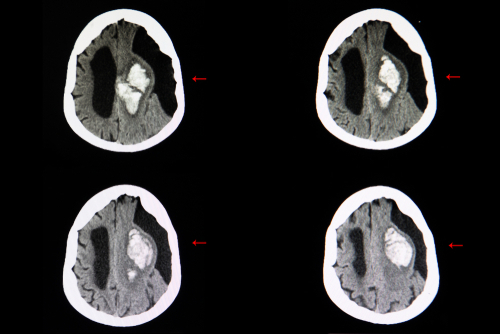Clot removal beyond normal treatment time, still improved quality of life after stroke: AHA
American Heart Association News Feb 01, 2019
Researchers have found that mechanically removing a clot in stroke patients, called endovascular therapy, can limit disability from stroke. his preliminary research will be presented in Honolulu, HI, at the American Stroke Association’s International Stroke Conference 2019.

Stroke survivors have better quality of life 3 months after their stroke if the clot that caused the stroke was mechanically removed even hours beyond the ideal treatment window compared to those treated with drugs alone. This preliminary research will be presented in Honolulu, HI, at the American Stroke Association’s International Stroke Conference 2019, a world premier meeting for researchers and clinicians dedicated to the science and treatment of cerebrovascular disease.
Researchers have found that mechanically removing a clot in stroke patients, called endovascular therapy, can limit disability from stroke. While the therapy is most effective when performed within 6 hours of symptom onset, it can also reduce functional deficits in patients up to 24 hours after stroke symptoms start.
In the DEFUSE 3 trial, Stanford University School of Medicine researchers studied whether stroke survivors who were treated with endovascular therapy in the late 6-to-16-hour time window might have better quality of life than people treated only with standard drug therapy. They examined a subset of ischemic stroke patients who had salvageable tissue visible on brain imaging.
Researchers surveyed patients 90 days after stroke about their mobility, ability to participate in social activities, cognitive (or thinking) function, and depression. Based on results from 136 patients who completed all or some of the surveys, people treated with endovascular therapy had superior quality-of-life results in all four domains compared with those who had medical therapy alone.
“In addition to improved functional outcomes, endovascular therapy 6 to 16 hours after onset preserves mental health and social capabilities critical to patients’ quality of life,” researchers said.
-
Exclusive Write-ups & Webinars by KOLs
-
Daily Quiz by specialty
-
Paid Market Research Surveys
-
Case discussions, News & Journals' summaries